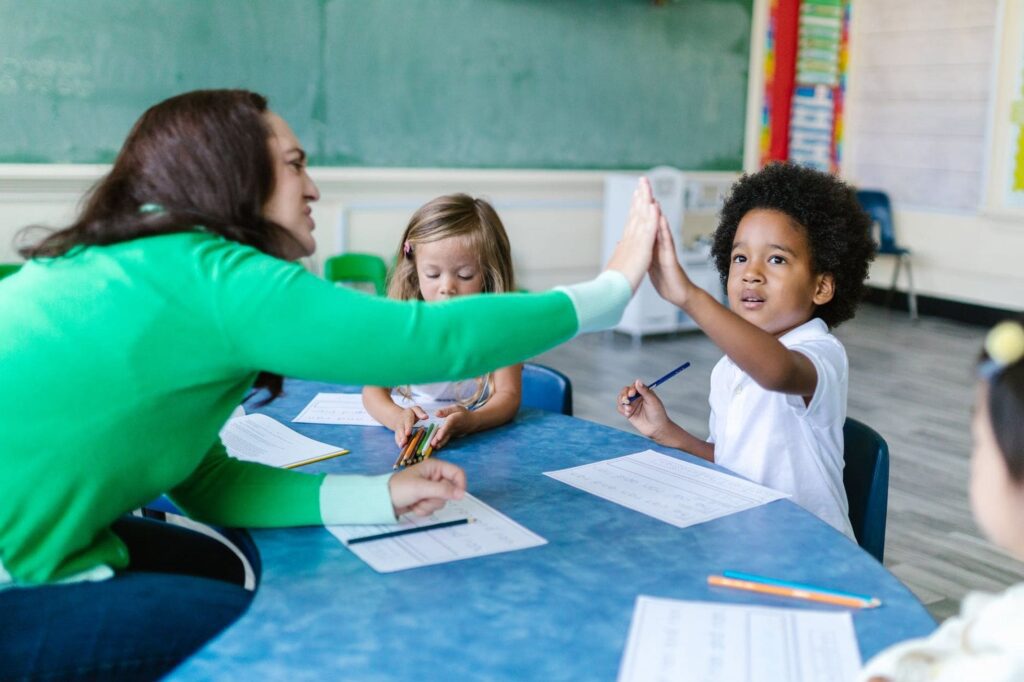Strengthen the parent-child relationship through guided interactions that build trust, improve communication, and support emotional regulation for both parent and child.

A common saying suggests, “To travel fast, go alone; to travel far, go with a companion.” This saying shows how working together helps achieve success. It emphasizes that many achievements come f rom teamwork. But, learning to work in a team isn’t easy, especially for young people. They might need help to develop these skills.
The foundation of Dyadic Coaching rests on the principle that pairing individuals in a supportive environment fosters effective social learning and overall personal growth.
Dyadic coaching involves pairing two children together to practice social skills and learn how to navigate real-life challenges. This form of coaching is based on the principles of social learning theory, which emphasizes the importance of observing, imitating, and modeling behaviors, attitudes, and emotional reactions of others. In dyadic coaching, the two children work together under the guidance of a coach or a facilitator who helps them learn and practice social skills through various activities and scenarios. The pairing allows the children to interact, communicate, and problem-solve in a safe and supportive environment.
Dyadic coaching emphasizes the significance of cooperation, teamwork, and mutual assistance in attaining lasting success and significant achievements. It highlights the realization that a substantial portion of our life achievements hinges on collaborative efforts..


Children are carefully matched based on their social and developmental needs. The pairing should be done thoughtfully to ensure that both children can benefit from the interaction.

The coach provides feedback to the children, highlighting positive behaviors and suggesting improvements when necessary. Positive reinforcement, such as praise and rewards, can also be used to encourage desired social skills

The coach or facilitator demonstrates appropriate social behaviors and interactions, serving as a role model for the children. Children learn by observing the coach and then practicing these behaviors with their peer partner.

The coaching sessions focus on real-life challenges that children may encounter in social situations, such as making friends, resolving conflicts, sharing, and cooperating. The activities and scenarios are designed to mimic these challenges in a controlled setting.

The coaching sessions provide a safe and supportive environment where children can make mistakes, learn from them, and practice social skills without fear of judgment or rejection.

Dyadic coaching aims to enhance various social skills, including communication, empathy, cooperation, problem-solving, and emotional regulation. Children learn how to apply these skills in different social contexts.
Dyadic coaching can be particularly beneficial for children who struggle with social interactions, such as those with autism spectrum disorder, social anxiety, or other developmental challenges. By providing tailored support and opportunities for social learning, dyadic coaching can help children build essential social skills and improve their overall social functionin